How protein intake can alleviate menopausal symptoms and support hormonal balance.
Menopause represents a major hormonal shift in a woman’s life. As key hormones like estrogen decline, many women face a range of disruptive symptoms, such as hot flashes, difficulty sleeping, and mood changes. This transition also increases the likelihood of long-term health challenges, including bone weakening (osteoporosis) and heart health issues.
The good news is that optimising your diet is one of the most powerful tools you have to ease this journey. Research strongly suggests that focusing on high-quality protein intake is a highly effective way to manage menopausal symptoms and protect your long-term well-being.
Protein Intake During Menopause
As estrogen levels drop, your body experiences significant metabolic changes that directly impact muscle and fat stores.
First, your resting metabolism (how quickly your body burns calories at rest) naturally slows down, potentially requiring 250–300 fewer calories per day.
Second, menopause accelerates the loss of lean tissue, including both muscle and bone. The reduction in estrogen makes it harder for your body to build muscle and increases the rate at which muscle tissue breaks down. This muscle loss averages about 0.5% annually during the transition period.
The Secret to Weight Management: Protein Leverage
The hormonal changes of menopause can also lead to weight gain through a biological mechanism known as the Protein Leverage Effect.
- Increased Protein Need: Enhanced protein turnover in the body creates an elevated appetite or drive to consume more protein.
- Unintentional Overeating: If your diet doesn't increase its protein concentration to satisfy this biological drive, your body keeps searching for protein and, in the process, consumes excess non-protein calories (fats and carbohydrates).
This mechanism is why many women gain weight during this phase, often accumulating excess body fat, even if they feel they haven't changed their eating habits. Studies suggest that simply increasing the protein concentration in your diet by 1–3% can help counteract this effect, preventing weight gain and reducing muscle loss.
Menopause Nutrition Protein Needs
To preserve muscle mass, support bone strength, and manage weight effectively during and after menopause, experts recommend increasing your daily protein consumption.
- Standard Higher Daily Targets: While the standard guideline for the general population (RDA) is 0.8 grams per kilogram of body weight per day (g/kg/day), expert groups focusing on aging adults recommend consuming 1.0 to 1.2 g/kg/day just to maintain existing muscle mass. This higher intake is needed because aging muscles naturally become less efficient at utilising protein (a phenomenon known as "anabolic resistance").
- Support for Weight Loss: If you are actively restricting calories to lose weight your protein needs should also be in the range of 1.0–1.2 g/kg/day, on average. When restricting calories, increasing protein intake to around 1.2 g/kg/day has been shown to be approximately 40% more effective at preserving lean muscle compared to consuming the standard 0.8 g/kg/day. Your needs will also increase beyond depending on how physically active you are.
- New Recommendation for Active Women & Athletes: For physically active women or athletes navigating peri- and post-menopause, daily protein intake should aim for the upper end of current sports nutrition guidelines, specifically 1.4–2.2 g/kg/day. These higher targets are crucial for preserving muscle mass and potentially overcoming anabolic resistance.
- Optimise Per Meal Dose: Research indicates that simply achieving a high daily total isn't enough; the amount consumed at each meal matters. Older individuals may need a larger dose per meal, making it beneficial to aim for 30–40 grams of protein in at least one or two meals daily to maximise muscle stimulation and retention.
Specific Protein Sources for Symptom Relief
Choosing certain protein-rich foods can provide additional relief for typical menopausal symptoms:
- Vegetable Protein: Generally, a higher intake of vegetable protein has been associated with a lower incidence of early menopause. Plant-based protein interventions are also favoured for fat mass loss and lean mass accrual in older adults compared to some animal proteins.
- Fish and Omega-3s: Eating fish more frequently is associated with a lower intensity of menopausal symptoms, especially those affecting physical comfort, mental health (psychological symptoms), and urogenital health. This beneficial effect is thought to stem from omega-3 fatty acids, which help regulate mood chemicals and offer anti-inflammatory actions that can reduce issues like joint pain.
- Soy: Foods like soy products are linked to reducing the severity of menopausal issues, particularly emotional well-being and general physical discomfort. This benefit is attributed to natural compounds in soy called isoflavones (phytoestrogens), which can bind to estrogen receptors and exhibit mild estrogen-like effects when natural estrogen levels are low.
Best Protein Powder For Menopausal Women
For women navigating this stage of life, hitting the minimum protein targets or reaching the necessary 30–40g dose per meal can be difficult through diet alone. A high-quality, comprehensive protein supplement can bridge this nutritional gap, offering convenience and targeted support.
LØUCO Perform is formulated to support women’s health which can help supplement a balanced whole foods diet during this important phase, providing 20g of organic plant-based protein per serving.
Why Choose Plant-Based Protein?
Plant-based protein sources are favourable as they generally offer a healthier nutritional profile, including high fibre and low saturated fat, which supports good heart health and metabolic stability. Consuming high levels of plant-based protein has been associated with a later onset of menopause, and higher intake of plant-based protein has not been linked to increased risk of type 2 diabetes, unlike some findings for high animal protein intake.
Targeted Support leading up to Menopause:
Perform is enhanced with key nutrients critical for ageing active women:
High Fibre: Adequate fibre intake (recommended at 30–45 g/day for cardiovascular health) is essential for healthy digestion and regulating metabolism, which can be affected by hormonal shifts.
Bone Density Heroes (Calcium and Vitamin D3): The decline in estrogen accelerates bone mineral loss. Supplementation with Calcium (1000–1200 mg/day is recommended) and Vitamin D3 is crucial for enhancing bone density and guarding against osteoporosis.
Muscle & Energy Boosters (Creatine, CoQ10, B Vitamins):
- Creatine can support muscle strength and lean mass maintenance when combined with exercise, helping counteract the age- and hormone-related decline in muscle quality. Post-menopausal females specifically benefit from higher doses of creatine (0.3 g/kg⁻/d) for supporting bone health, mental health, and skeletal muscle size and function.
- Research suggests CoQ10 may help with some menopausal symptoms, like low energy and fatigue, by supporting cellular energy production and protecting against oxidative stress. Studies indicate it could also support heart health.
- B vitamins, including B6 and B12, play a vital role in nerve function and metabolism, helping to maintain energy and support mental clarity during a time when cognitive complaints and fatigue are common.
Remember you should always discuss your supplement needs, including the amount in Perform, if you are unsure with your healthcare professional to ensure it meets your individual health needs.
By increasing your intake of high-quality protein and supporting your body with essential micronutrients like those found in Perform, you can effectively manage the years leading up to menopause.

Written by: Rachel Prince | Co-Founder & Women's Fitness and Pelvic Health Coach

Sources:
1. Yang et al. (2025). Association Between Protein-Rich Foods, Nutritional Supplements, and Age of Natural Menopause and Its Symptoms. Nutrients, 17, 356. doi: 10.3390/nu17020356.
2. Simpson et al. (2023). Weight gain during the menopause transition: Evidence for a mechanism dependent on protein leverage. BJOG: An International Journal of Obstetrics and Gynaecology, 130(1), 4–10. doi: 10.1111/1471-0528.17290.
3. Boutot et al. (2018). Dietary Protein Intake and Early Menopause in the Nurses’ Health Study II. American Journal of Epidemiology, 187(2). doi: 10.1093/aje/kwx256.
4. Harak et al. (2025). Navigating nutrition through the decades: Tailoring dietary strategies to women's life stages. Nutrition, 135, 112736. doi: 10.1016/j.nut.2025.112736.
5. Silva et al. (2021). Nutrition in Menopausal Women: A Narrative Review. Nutrients, 13, 2149. doi: 10.3390/nu13072149.
6. Black & Matkin-Hussey (2024). The Impact of Protein in Post-Menopausal Women on Muscle Mass and Strength: A Narrative Review. Physiologia, 4, 266–285. doi: 10.3390/physiologia4030016.
7. Erdélyi et al. (2024). The Importance of Nutrition in Menopause and Perimenopause—A Review. Nutrients, 16, 27. doi: 10.3390/nu16010027.
8. Stacy T. Sims et al (2023). International society of sports nutrition position stand: nutritional concerns of the female athlete. https://doi.org/10.1080/15502783.2023.2204066


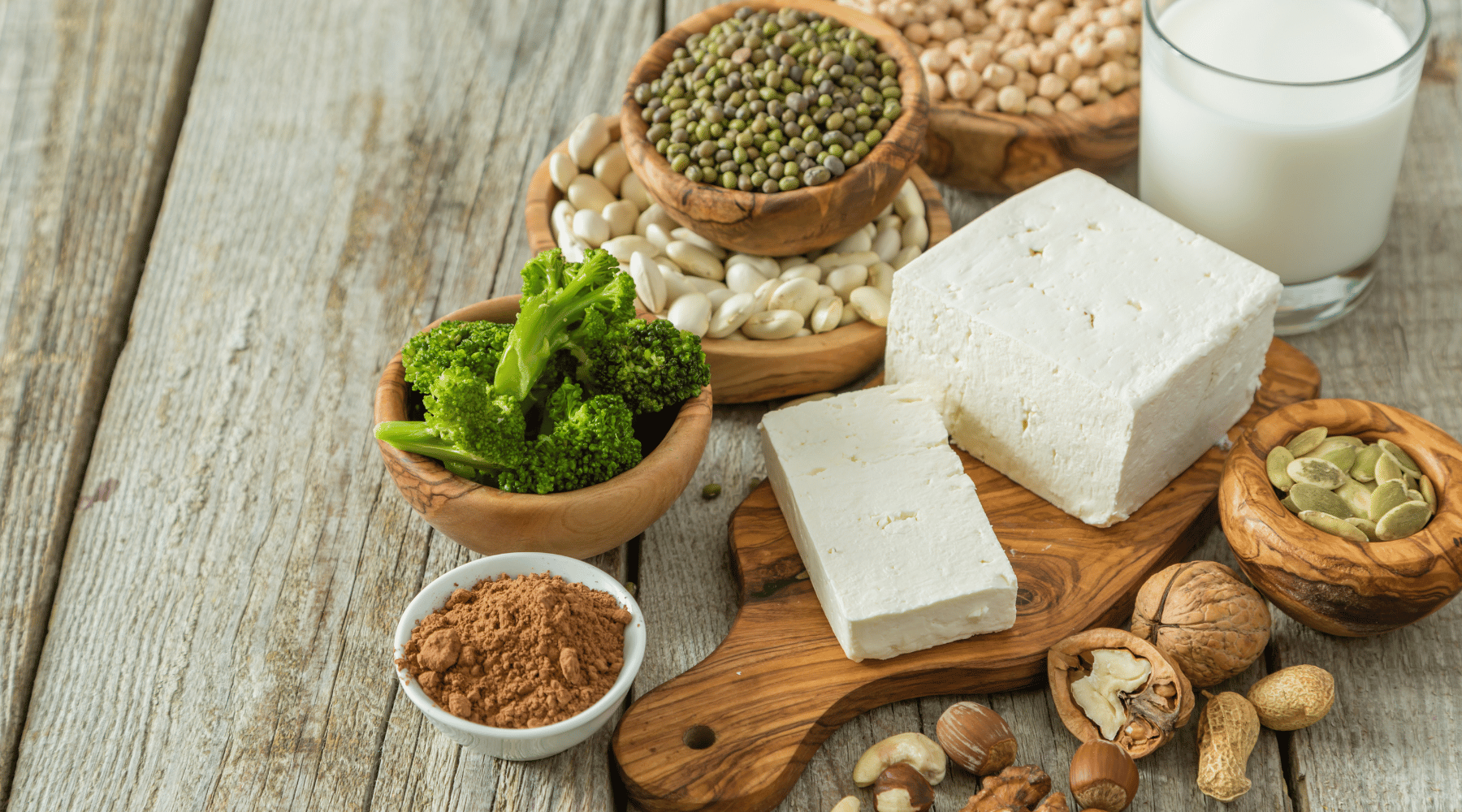
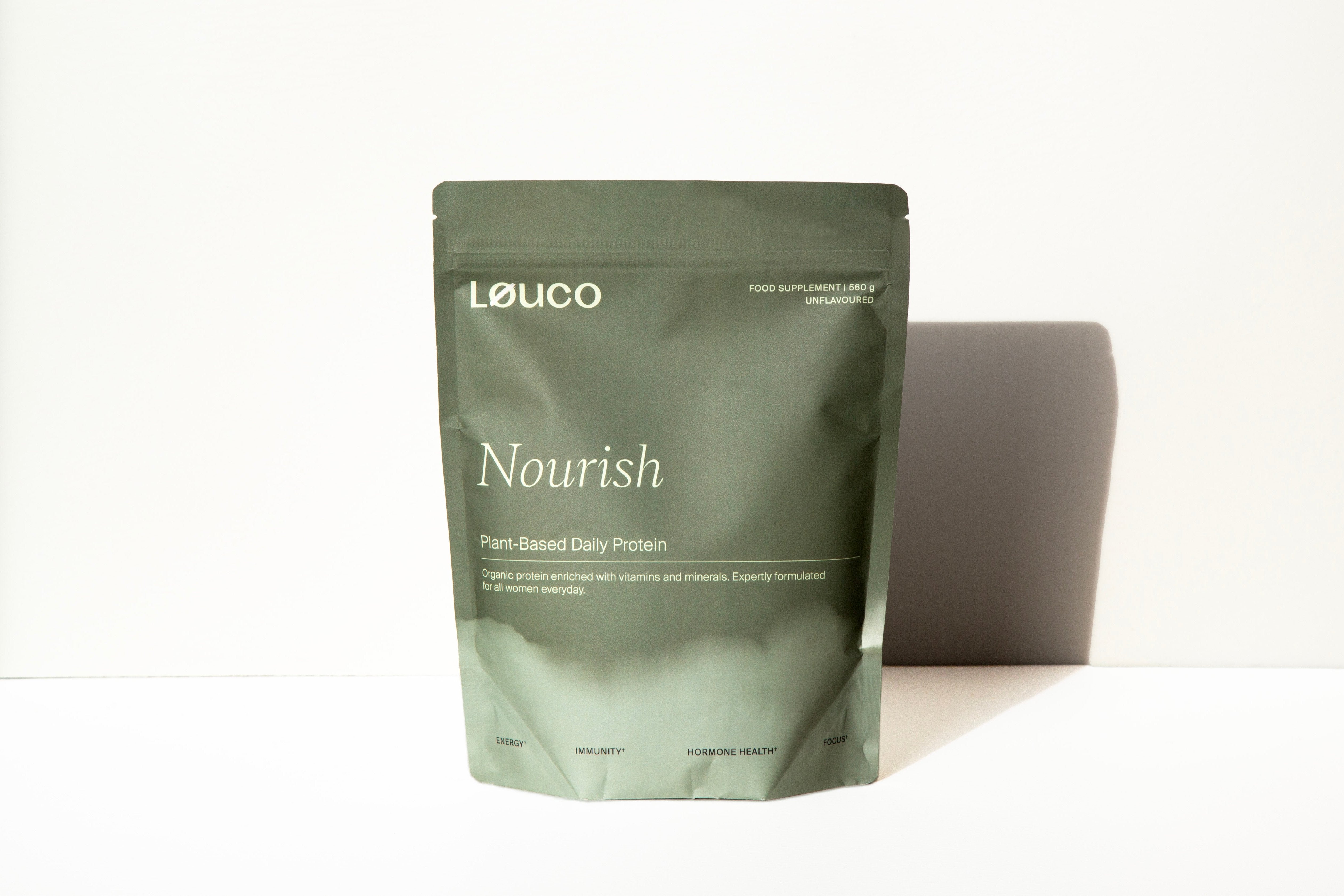
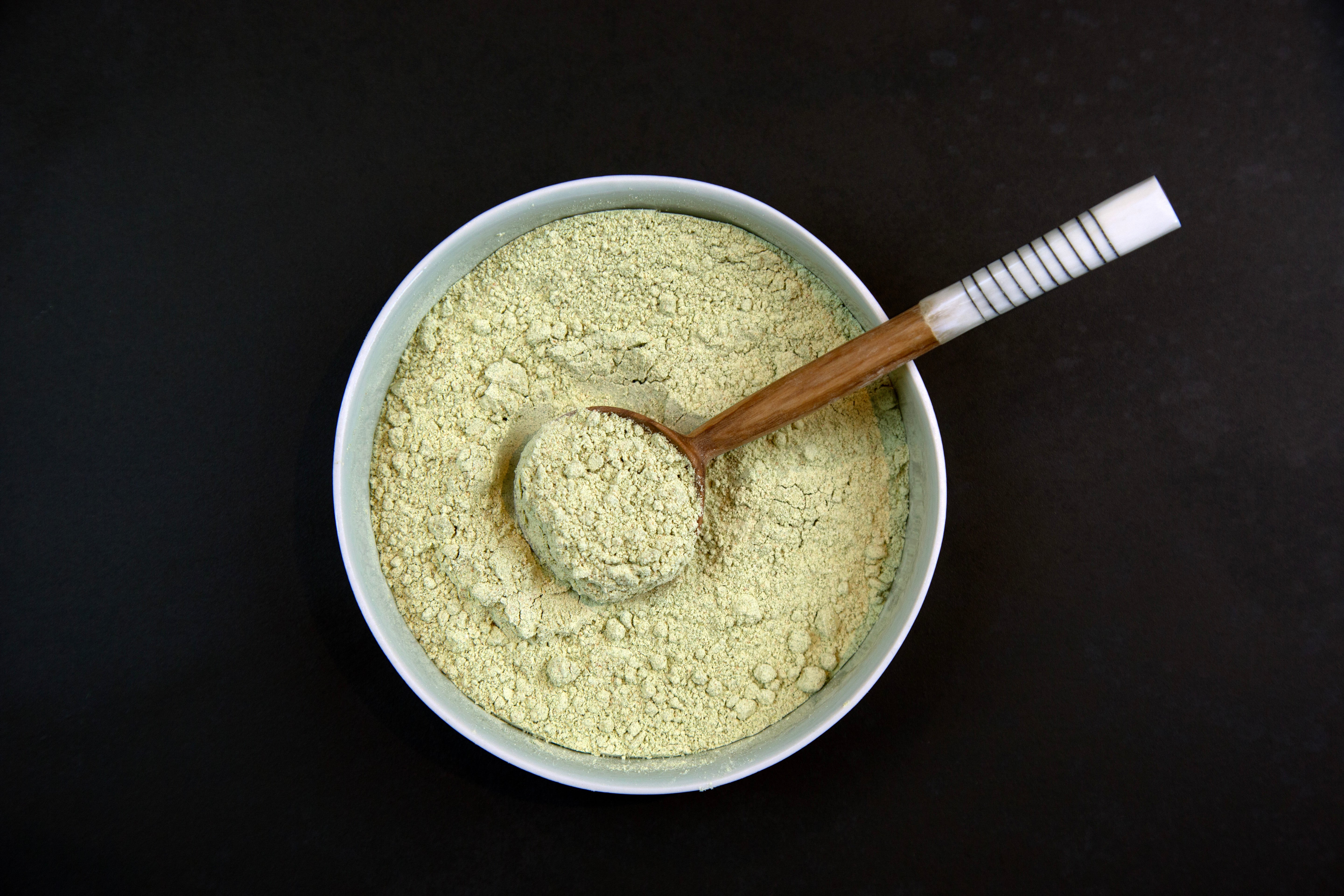
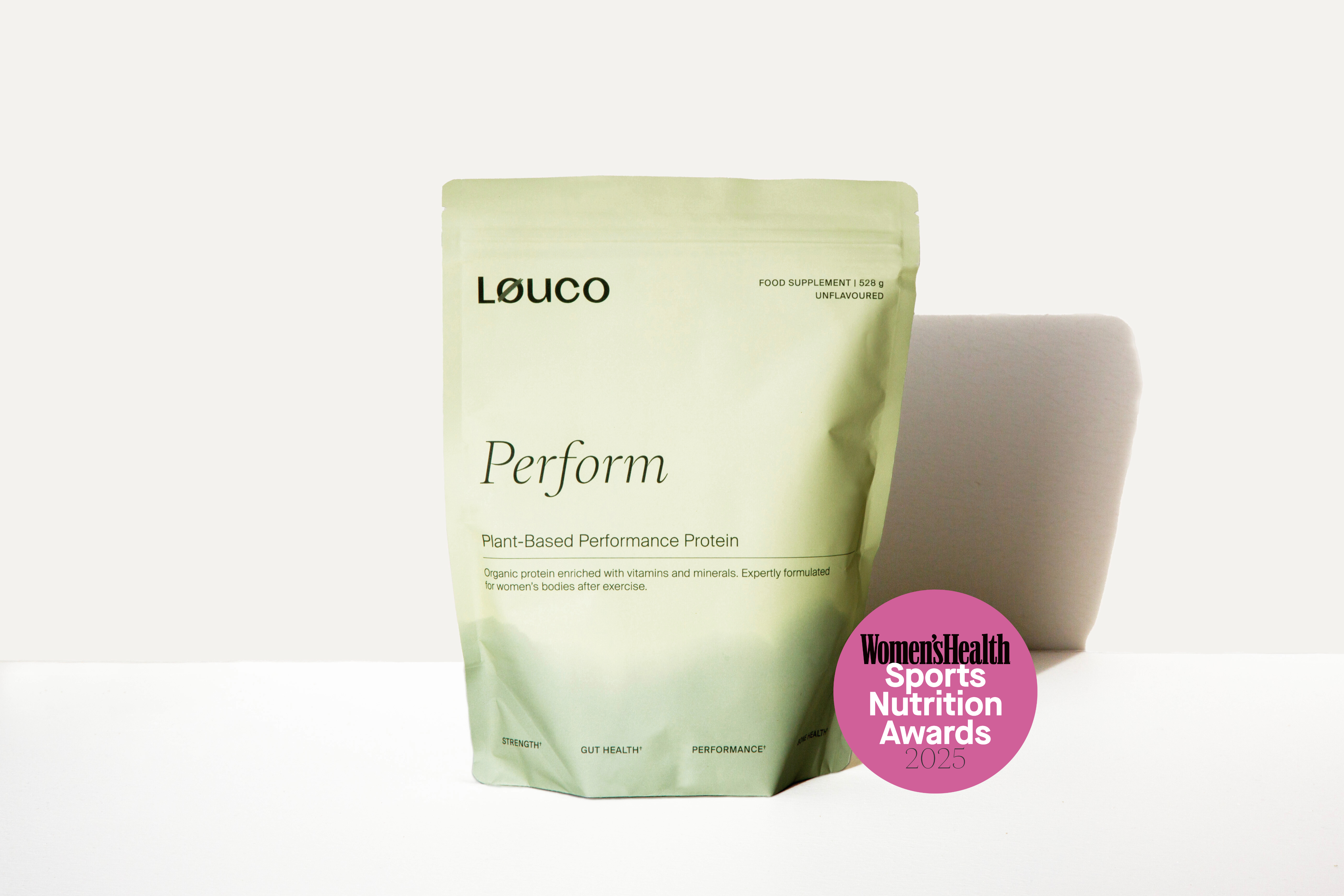
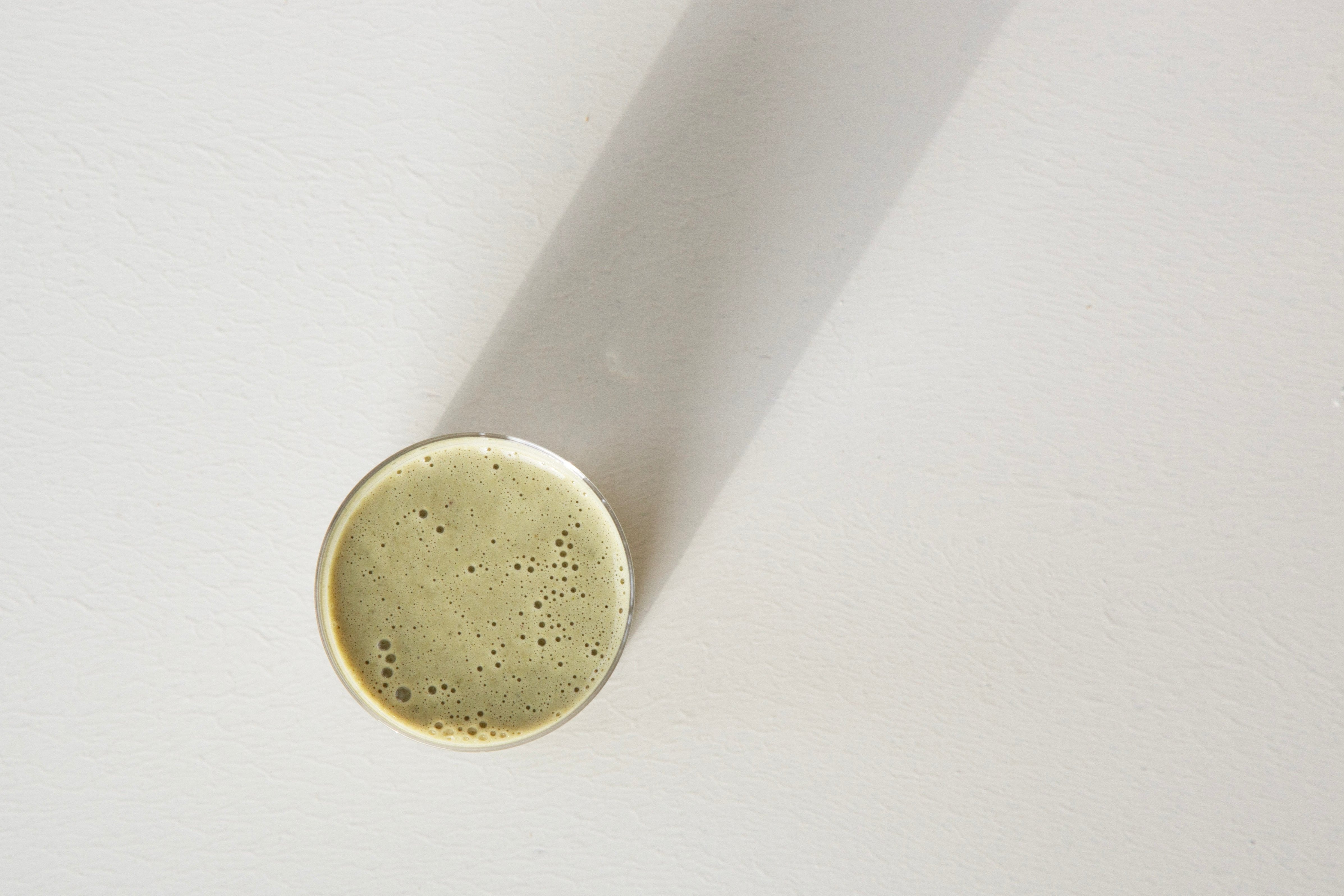
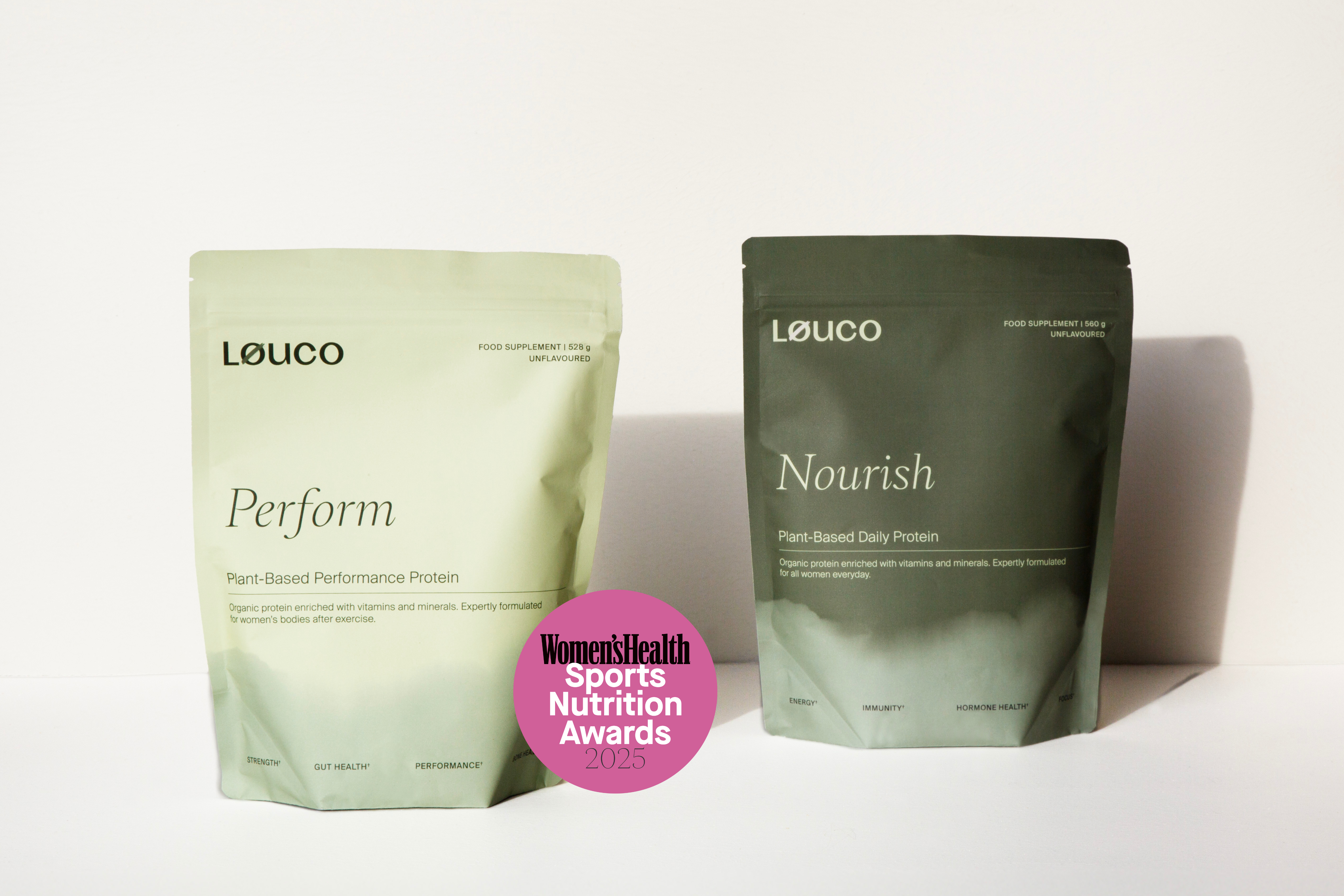
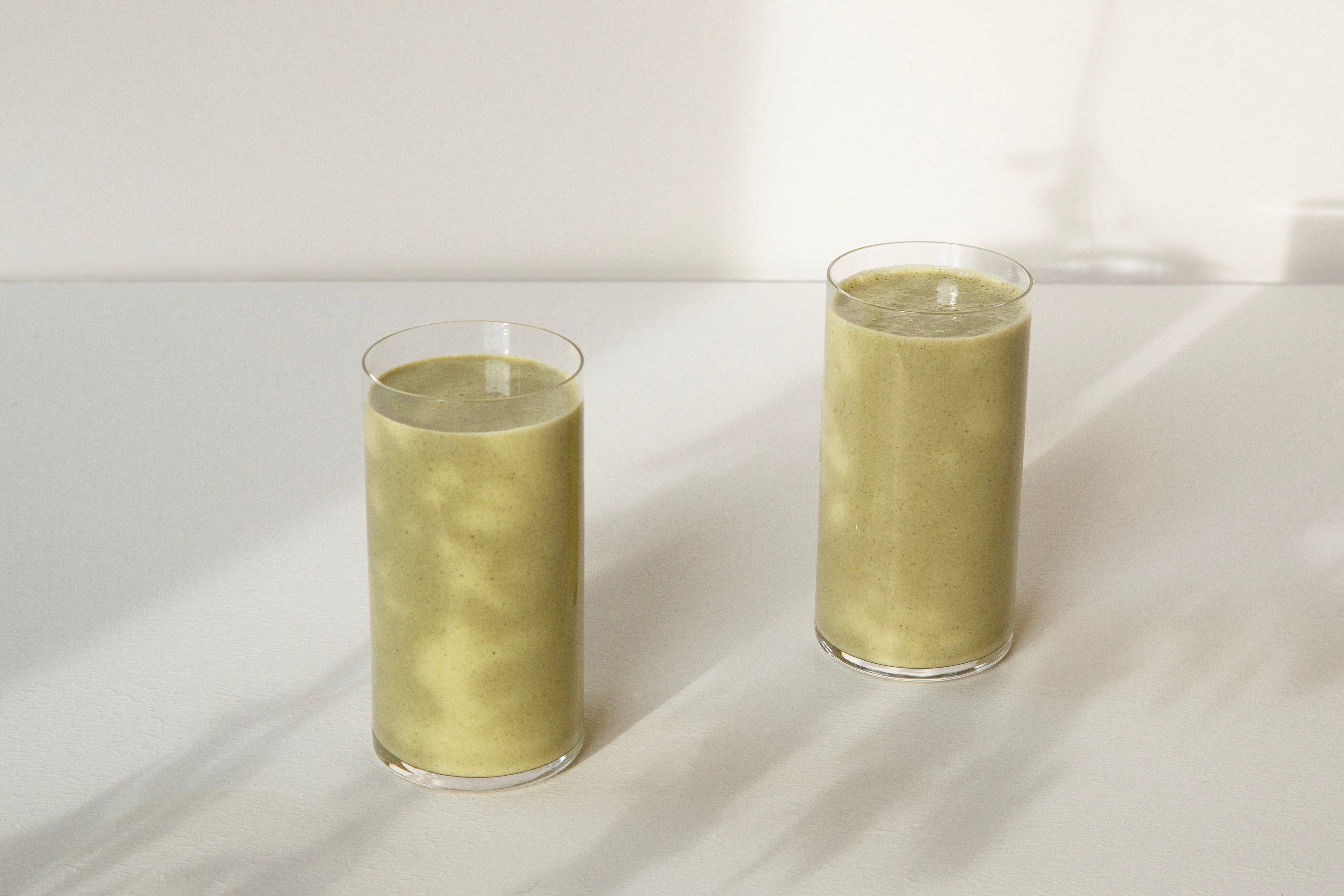

Leave a comment